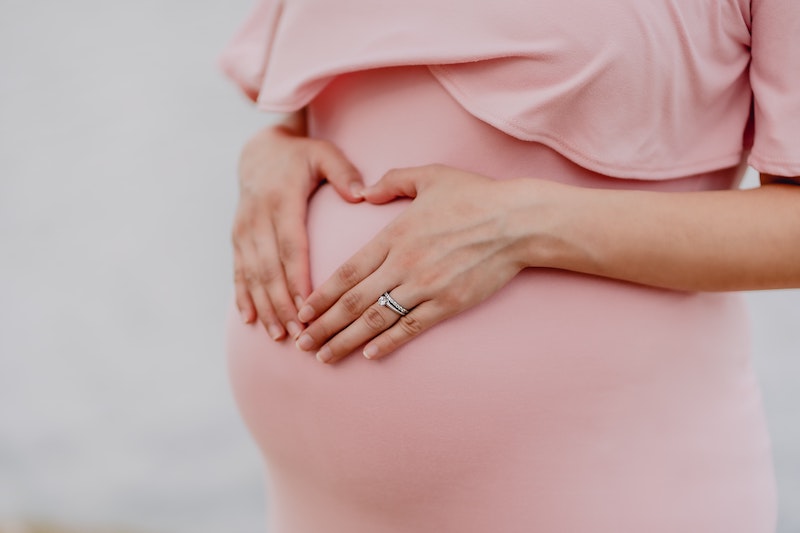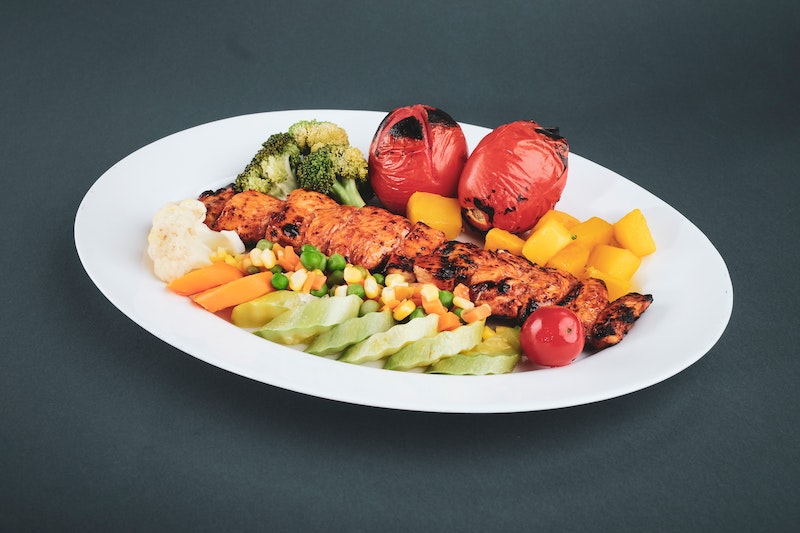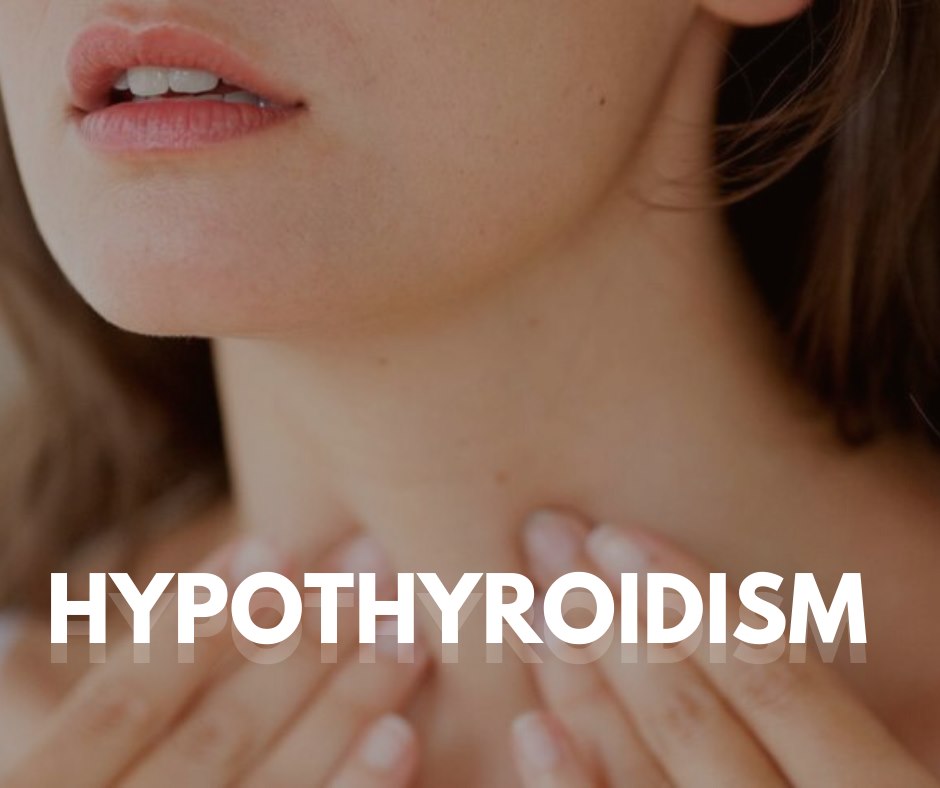Indian Diet Plan for Breastfeeding Mothers
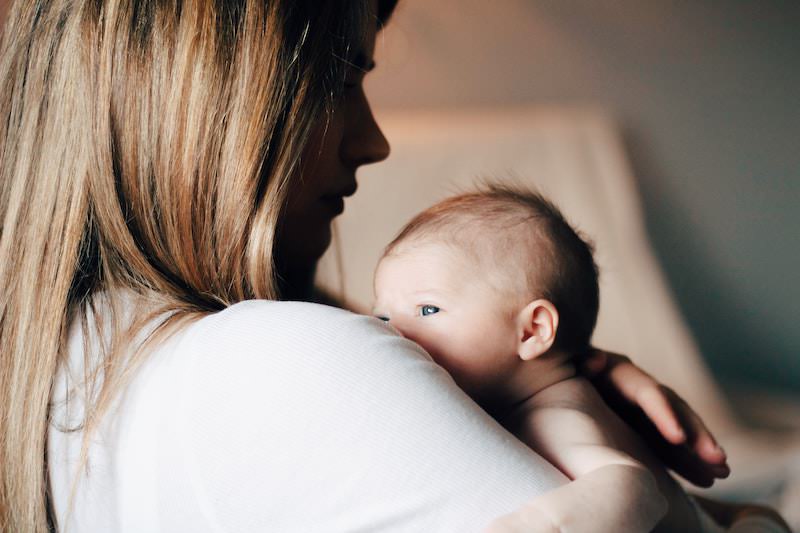
Nutritional status of the mother has a direct influence on the quality and quantity of her breastmilk. A breastfeeding mother needs to consume an adequate and balanced diet. There is an extra demand for nutrients, especially to secrete adequate quantity/quality of milk and to safeguard your own health.
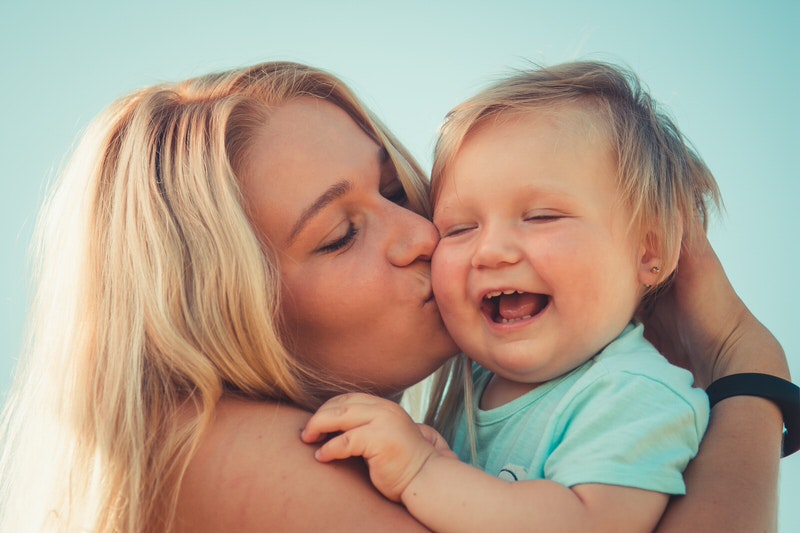
Important Tips for an Indian diet plan for lactating mothers:
It is true that a lactating mother needs to eat for two people as long as she’s going to be feeding the baby. The mother must get sufficient nutrition else the baby will derive nutrients from the mother’s body and she may suffer from nutritional deficiencies and many other problems.
- Lactating mothers feel hungry more often and they should eat whenever they feel so.
- When a baby doesn’t get nutritious milk, She will become unhealthy and also demand frequent feeds.
- The stress should be on getting extra nutrition and not extra calories. This is important both for the mother and the baby.
- Extra calories are only going to add on the weight and will not help with the growth of the baby nor will they give strength to the mother. Our Indian diet plan for lactating mothers will give you an insight into the right food choices you need to make.
The fear of becoming Obese in Lactating Mothers:
Many mothers fear that they will become fat and look clumsy. You must remember that your child is your first responsibility and his growth depends on you. Secondly, research has shown that mothers who breastfeed their babies are able to shed weight more easily than those who don’t. Let us now see the detailed Indian diet plan for lactating mothers.
Energy
It takes extra energy to produce breast milk. Mothers need an additional 400 calories on an average per day beyond their normal health requirement.
Protein
The Recommended Dietary Allowance for protein during lactation includes an additional 15 grams per day (RDA of 65 grams per day) in the first six months after childbirth and an additional 12 grams per day (RDA of 62 grams per day) thereafter.
Fluids
Adequate fluids to stay hydrated include 2 to 3 liters per day, or at least eight 8-ounce servings, and can include water, milk or soy milk, decaffeinated beverages etc. Limit caffeine to the equivalent of one cup of coffee a day to avoid causing the baby agitation or difficulty in sleeping.
Vitamins and Minerals
Food supplies the vitamins and minerals lactating mothers especially need, such as calcium, vitamin A, vitamin C, vitamin D and zinc. Vitamin and mineral supplements do not replace a healthful diet, but some breastfeeding women might need a multivitamin and mineral supplement in addition to eating a well-balanced diet.
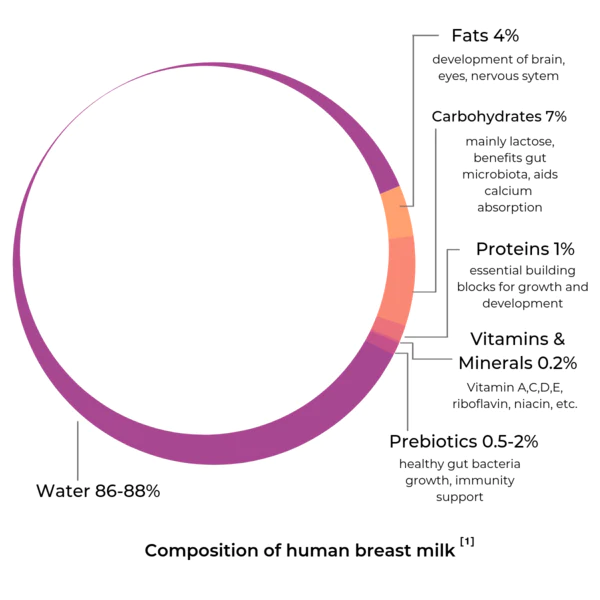
Special consideration in lactating mother’s diet
Eating well while breastfeeding entails getting the right balance of good (and good for you) food. Try to get the following each day:
1. Protein: Three servings
2. Calcium: Five servings (that’s an increase from your pregnancy requirement of four)
3. Iron-rich foods: One or more servings
4. Vitamin C: Two servings
5. Green leafy and yellow vegetables, yellow fruits: Three to four servings
6. Other fruits and veggies: One or more servings
7. Whole-grain and other concentrated complex carbohydrates: Three or more servings
8. High-fat foods: small amounts – you don’t need as much as you did during pregnancy
9. Eight cups of water, juice, or other non caffeinated, non-alcoholic beverages
10. DHA-rich foods to promote baby’s brain growth (look for it in wild salmon and sardines, as well as DHA-enriched eggs).
Lactation is a very important and beautiful phase in both the mother’s and the child’s life. This is a phase when the bonding between mother and the child is built and strengthened. Mother’s milk is vital for the child’s growth and the importance of the right nutrition at this point is unquestionable.
| Morning: 8:00 am | 1 cup tea (1 tsp sugar) + 7-8 soaked almonds and 4-5 dates |
| Breakfast: 9:00 am | 1 glass (200 ml) skimmed milk + 1/2 cup badam sheera + 1 Fruit OR 3 small methi or palak paratha + ½ cup curd/raita OR 3 slices of whole wheat bread and 2 eggs + 1 fruit or 1 cup of poha OR upma + 1 fruit + 1 sunth vadi |
| Mid Morning: 11:00 am | 1 fruit + 1 methi ladoo |
| Lunch:: 1:00 pm | 1 cup salad + 2 rotis or 2 small bajra rotis 1 cup rice + 1 cup vegetables + 1 cup moong curry/dal OR 1 cup salad + 2 rotis + 1 cup rice + 1 cup vegetables + 1 cup fish curry |
| Evening: 4:00 pm | 1 glass milk (200ml) + 1 goand ladoo |
| Mid Eve: 6:00 pm | 1 cup tea (1tsp sugar) with |
| Dinner: 9:00 pm | 1 cup salad + 2 rotis+ 1 cup rice + |
| Bed Time | 1 glass milk (200ml) |
| *Fruits: any seasonal fruits such as apple pear, grapes, melons, banana etc. **Salads: carrot, cucumber, tomato, cabbage, beetroot, lettuce, etc. |
DISCLAIMER: The above is suggestive meal plan, please consult with your dietician before following this plan
Breastfeeding Mother's Diet Plan FAQs
Do I need more calories when I am breastfeeding?
You don't need to have extra calories as a new mum, because your body is so efficient at making milk.
Be guided by your appetite, and eat when you're hungry. It's normal for your body to lay down fat stores during pregnancy to help you prepare for breastfeeding. Breastfeeding your baby can help to convert these fat stores into energy for making milk.
You may have come across different advice about extra calories when you're breastfeeding. But it's hard to say whether you need extra calories every day, because so much depends on:
- your pre-pregnancy weight
- how much weight you gained during pregnancy
- how active you are
Having said that, breastfeeding usually gives you a big appetite. So if you don't feel like eating, it could be a sign that you need extra emotional support.
Women who have postnatal depression sometimes lose their appetite. If you're finding it a struggle to eat, talk to your doctor.
Do I need to drink more water and fluids to maintain my breastmilk supply?
You only need to drink enough to satisfy your thirst while you're breastfeeding.
You may have been told that you should drink lots of water to keep up your milk supply, but in reality drinking lots of water, or indeed going a bit thirsty, won't affect the amount of milk you make. Your body is good at regulating its reserves to make sure it keeps your milk supply going.
Breastfeeding can make you thirsty so it’s always a good idea to keep a glass of water, coconut water, or fresh juice close by when you nurse your baby. You also need to be cautious about drinking clean boiled or filtered water to avoid water borne infections. It is best to carry a bottle of water with you when you go out or opt for a well-known brand of mineral water.
If you are used to having aerated drinks to quench your thirst it is best to avoid these while breastfeeding. They contain just empty calories and no nutrition. You could instead substitute it with healthier drinks such as lassi, coconut water, buttermilk (chhaach), fresh fruit and vegetable juices or nimbu pani.
If you’re worried about whether you’re getting enough to drink, check the colour of your urine. If it’s pale-coloured, you’re getting plenty to drink. If it’s dark yellow, or smells strongly, or if you feel lethargic or faint, you may be dehydrated, in which case you should drink more water.
Can I drink tea and coffee if I'm breastfeeding?
Try not to have too many caffeinated drinks when you're breastfeeding. This can be tough, especially in the early days when you're exhausted from breastfeeding round the clock.
It is recommended you keep your caffeine intake below 200mg a day. It's hard to estimate how much caffeine is in a cappuccino or latte, so you may be safer to stick with decaffeinated coffee or herbal tea when you're out and about. Keep in mind that there is caffeine in cola, energy drinks and chocolate as well.
If your baby seems very unsettled or restless, or finds it difficult to sleep, try cutting back on caffeine, or not having any at all. This may help your baby to settle more easily.
Can I drink alcohol if I'm breastfeeding?
Alcohol passes through your breastmilk to your baby. It could harm your baby if you drink more than two units of alcohol more than once or twice a week.
It's always best to be cautious, so you may want to cut out alcohol while you're breastfeeding, especially in the first three months.
When he's a newborn, your baby's stomach is very small and will need filling up often. The amount of alcohol in your blood peaks between 30 minutes and 90 minutes after you have a drink. If your baby is feeding often, there won't be enough time between feeds for the alcohol to clear from your system.
Your baby's liver is immature too, and needs protecting from traces of alcohol.
Can I have herbal remedies?
You can drink most herbal teas when you are breastfeeding as long as you don't drink them in large amounts.
Herbal teas which use ingredients you might cook with, such as, fenugreek (methi), cumin (jeera), green cardamom (chhoti elaichi), fennel (saunf), garlic (lehsun), camomile and peppermint, are thought to be safe to drink.
You may also be offered traditional drinks prepared with specific herbs. It's best to check with your doctor before including any herbs in your diet.
Do I need to take any supplements when I'm breastfeeding?
Most lactating mothers are advised to take daily supplements of iron, folic acid, vitamin B and calcium. After evaluating your diet your doctor will advise you on which supplements you need.
If a blood test shows you have a vitamin D deficiency, your doctor will prescribe supplements. Don’t take any supplements, even herbal and natural ones, without consulting with your doctor first.
If you do take supplements, bear in mind that it can’t make up for poor eating habits. It is also important to eat a well-balanced, varied diet.
Can I lose weight while I'm breastfeeding?
You should be fine to lose weight gradually. Losing about 500g to 1kg a week shouldn't affect the amount or the quality of milk you make.
It may be best to wait until you've had your postnatal check at about six weeks to eight weeks before you actively try to diet.
Then you can discuss the best ways to eat healthily and exercise with your doctor.
Bear in mind that you'll need to keep up your strength as a new mum. Trying to do too much after giving birth may slow your recovery and make you feel even more tired. This is especially the case if you've had a caesarean, or a difficult birth.
Ready to start your journey?


